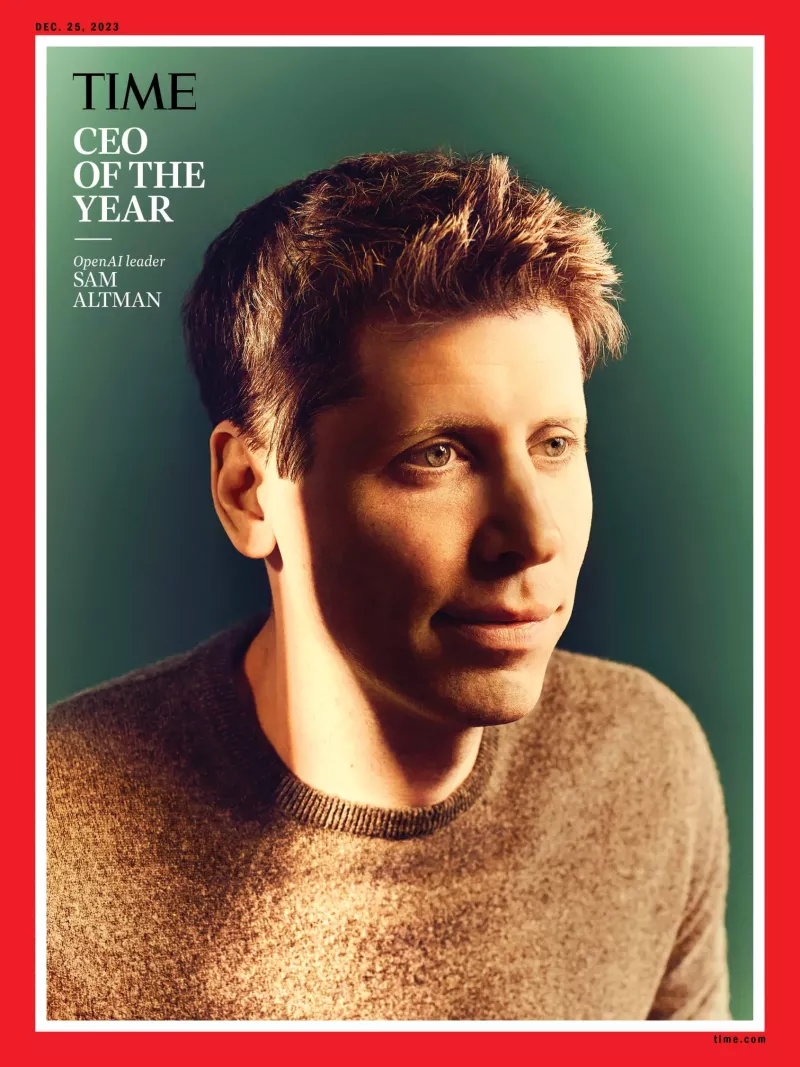The first thing to keep in mind in order to earn a fully funded scholarship in Canada is knowing where to look and what to look for.
When looking for a Master’s program to choose from, it’s advisable to go for a research-based program instead of a taught-based program. The rationale behind this is that if you end up being admitted to a research-based program, your studies and research will most likely be fully funded.
READ ALSO: Shell Warns Of Economic Downturn If Sabotage Continues In Oil Sector

Several universities in Canada fund research-based programs yearly. They’re called the U15 Canadian Research Universities.
They include the following institutions:
- University of Alberta
- University of British Columbia
- Western University
- Queen’s University
- University of Calgary
- University of Toronto
- University of Waterloo
- University of Ottawa
- University of Saskatchewa
- Dalhousie University
- Université Laval
- University of Manitoba
- McGill University
- McMaster University
- Université de Montréal
When looking to pursue a fully-funded Master’s research-based program in Canada, these universities should be your go-to.
Active applicants should also consider these ongoing scholarships as applications start around this time.
University of Toronto’s Doctoral Completion Award (DCA):
Check for more details here
John and Lena Graham Commonwealth Bursary:
Details here
Vanier Canada Graduate Scholarships:
Details here
Nova Scotia Graduate Scholarship:
Details here
Abdul Majid Bader Graduate Scholarship.
Details: here
Mitacs Globalink Research Award.
Details: here
Killam Predoctoral Scholarship.
Details: here
Every year, over 5000 applicants apply to these universities from Nigeria alone, with several applicants from other continents applying as well, so your application has to stand out.
In order to stand out, take cognizance of these tips:
A research proposal:
The initial hurdle you have to cross is getting your research proposal accepted. In light of this, you need to come up with one that intrigues and will stand the test of scrutiny.
A good statement of purpose (SOP):
Your statement of purpose is another vital piece you don’t want to mishandle. Create a concise and relevant SOP that will sync with your research purpose.
Academic CV:
Most scholarship seekers confuse an academic CV for an employment one. An academic CV consists of your educational background, your educational certifications and grades. It should have your soft skills and related educational accolades in it, unlike an employment CV which details your work experience and the likes.
Take note of the difference between the two and tailor your CV to what’s expected of you.




